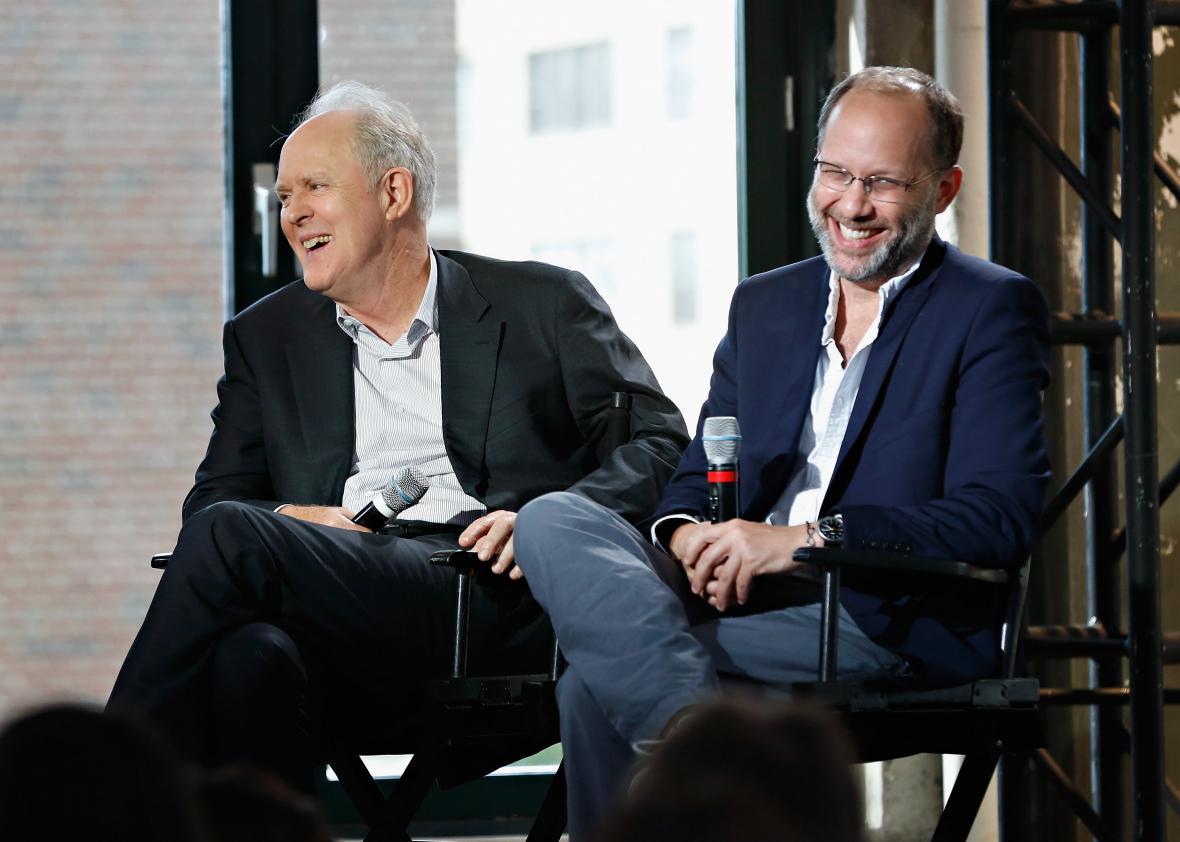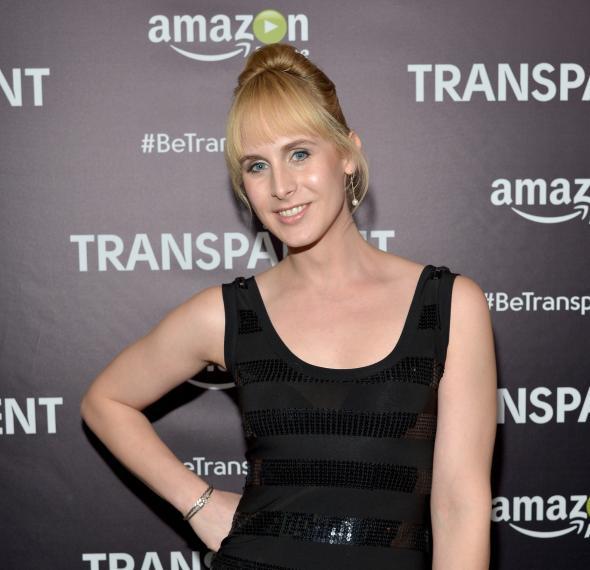Typically, film festivals are for, well, seeing films. But at NewFest, a six-day affair that bills itself as “New York’s LGBT Festival,” attendees this year were offered (in addition to a rich slate of new movies) the chance to hear from queer folks working inside the industry. Two events in particular—a Q&A with gay filmmaker Ira Sachs and a panel on working as openly transgender in Hollywood—that took place on Monday offered an insightful (if not always encouraging) look at what it means to make queer film, or just try to work in film as a queer person, in 2015.
Sachs, who is perhaps most widely known for Love Is Strange, his lovely 2014 film about a suddenly homeless older gay couple played by John Lithgow and Alfred Molina, was resolute in his commitment to telling queer stories. But he reminded the audience that such stories continue to be denied the mainstream support, and with it, the money, of straight projects. Speaking of his own experience making critically acclaimed titles like The Delta and Keep the Lights On, Sachs stated flatly that his “work has no economic value within the area code of Los Angeles.” His early struggles with traditional production strategies led him to develop a more collaborative style of filmmaking that relies on a community of artistic support and a whole lot of self-confident hustle. “I had an arrogance in thinking I could make things that people would care about that was super useful,” Sachs said of his start in the industry. He also was refreshingly honest about the fact that day-to-day living expenses were not a pressing difficulty for him, due to family money. When asked if gay filmmakers had a responsibility to make art with explicitly gay content, Sachs was equally clear: “I have a responsibility not to run away from it,” he said. “I’m in a position and have an ability to not closet that part of myself.”

Photo by Cindy Ord/Getty Images
The closet was also a main theme of the panel on working as trans in Hollywood, which was moderated by activist Tiq Milan and included Zackary Drucker (a trans artist and co-producer on Amazon’s Transparent); trans actresses Michelle Hendley, Harmony Santana, and Angelica Ross; and cisgender acting coach Brad Calcaterra. Drucker spoke eloquently about how the increasing numbers of trans folks who are living openly rather than seeking to be “stealth” are changing the community from one that was “evaporating” to one that could be a positive force on the culture. She also pointed to a related change in the cisgender public’s approach: “[What used to be a] prurient curiosity has become a more well-intentioned curiosity,” Drucker noted.
Because Laverne Cox was in the room, much of the discussion revolved around her success, both in terms of landing roles (including her recent controversial casting in the upcoming Rocky Horror Picture Show remake) and shifting the conversation, as she so famously did with Katie Couric’s genital inquires. But the panelists also called for more non-binary representations and portrayals of trans folks who, unlike Cox, are not necessarily conventionally attractive by the standards of their gender. In addition to more diversity in the kinds of trans roles filmmakers are casting for, Angelica Ross expressed a desire for stories beyond physical transition, especially the struggle to find love. “[We need stories about] how you have to transition as a human being,” she said.
The panel took a somewhat grandiose turn toward the end, with Drucker suggesting that trans people by their very existence are an expression of “the toppling of patriarchy”; but more practical issues were also addressed. When an audience member asked why so few trans people had identified themselves in a SAG-AFTRA union survey, Ross pointed out to bitter applause that the union’s initiation fee is $3,000, a prohibitive cost for a community that faces widespread employment discrimination. The most memorable portion of the night, however, arrived when Drucker revealed that it was trans icon and Warhol star Holly Woodlawn’s birthday, and the entire room sang to her over the phone. In that moment, trans history mingled with the present, as everyone looked forward to better days ahead.
